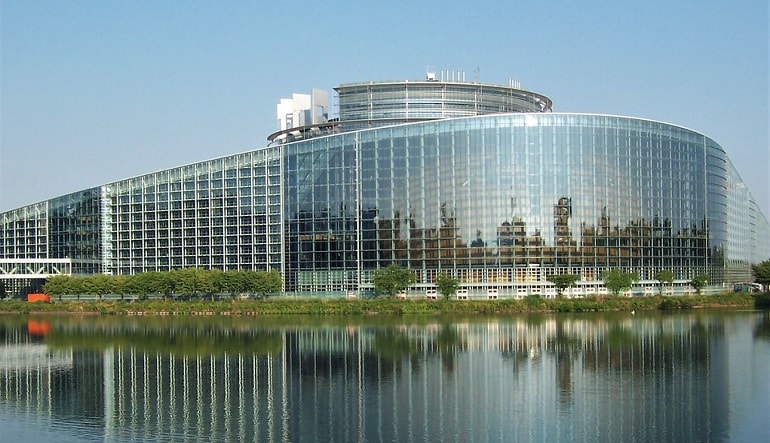As Italy’s Mattei Salvini threatens to flout Union budgetary restraints (for the good of the “common man”), as Poland and Hungary ignore immigrant quotas, as Austria loses a government to corruption, and globalization makes way for Trump’s Brave New Tariffed World – this week’s elections to the European Parliament, which begin today in Brexit-torn Britain and the Netherlands and end on Sunday, could be a game-changer.
French President Emmanuel Macron’s calls for “more Europe”, not less, sound like a feeble call in the dark of apathy, and more and more member citizens are wondering if Brexit isn’t the way to go. In fact, Conservative PM David Cameron’s brilliant Brexit idea was a result of Labour’s win at the EP elections in 2014.
European populists, like France’s Le Pen have been cozying up to Russia, which has been cultivating extremist parties throughout the continent, some say even spreading disinformation to discredit the mainstream. And probably, this time around, there will be a much wider representation of populist parties at Espace Léopold and Louise Weiss.*

Analysts believe that parties like Nigel Farage’s UK Independence Party (UKIP), the French National Rise, the Italian League and more could sweep up more than 30% of the vote.
While ostensibly latching onto migration, terrorism and Islamophobia for the brunt of their message, however, these parties could undermine the entire economic basis of the Union.
As a bloc, they could obstruct deals, budgets and more; northern states could elect to halt fiscal transfers to the south; southern states could elect to leave the Union.
The only component of the European Union democratically elected by its 400 million citizens, Europe’s Parliament also has the power to sway trade, agriculture and infrastructure rules and spending – the mainstay of the Union’s economic existence. And, this could be tragic. For, with trade wars on the Chinese/US horizon, the hand that steers Europe’s economic vessel had better not be DWI.
* The 2 main buildings housing the European Parliament in Brussels and Strasbourg, respectively.